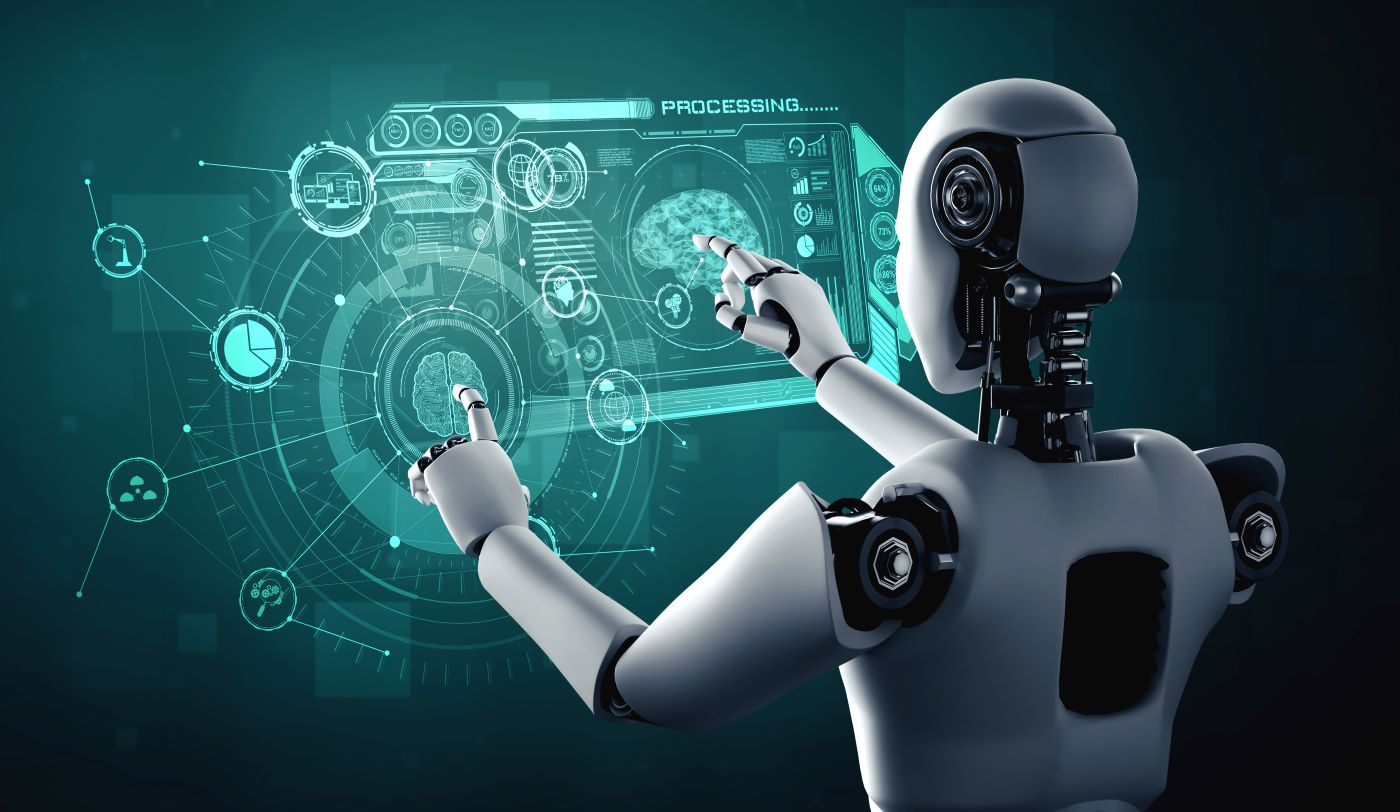In a world that is characterized by technological advancement and innovation, industries have experienced a change. The major players in a variety of sectors have embraced the power of automation and robots to simplify processes, increase productivity and create a competitive edge in the market. The field of robotics lies at the center of this change. It covers design, integration and installation of robot solutions across various industries.
Understanding Robotics and Its Applications
Robotics is the field of science and engineering that focuses on the design, construction operations, and applications of robots. The definition of a robot is that it is a machine that is capable of carrying out tasks independently or with human guidance. These machines are made to complete repetitive and intricate tasks, often in dangerous surroundings.

Robotics goes beyond automation. It encompasses a broad range of software that is designed to change industries and enhance the lives of humans. Robots are making their way into a wide range of areas, from manufacturing to healthcare logistics, entertainment, and even logistics. They have a wide range of exciting opportunities.
The Rise of Automation: a Paradigm Change
Automation, particularly robotic automation, is at the core of modern industrial revolution. The integration of automated systems has dramatically changed how businesses run. They streamline processes and increase efficiency. Automation is about the ability of machines or robots to complete tasks with little or no human involvement, using technology to increase efficiency, speed as well as productivity.
Robotic automation is the practice of using robots to automate jobs that were previously completed by human beings. These robots can mimic human movements, making them a useful asset across sectors. Robots have revolutionized our work practices when they’re assembling products in a factory or performing complex surgeries in healthcare.
The Robotic Process Automation (RPA) Achieving the highest Efficiency
Robotic Process Automation is a subset in automation technology that utilizes robots for automating repetitive and rule-based tasks in business processes. RPA employs software robots or “bots” for routine operations. This allows human employees to focus on more difficult tasks.
The incorporation of RPA into business processes has proved to be an exciting development, offering agility, accuracy and cost-efficiency to various sectors. RPA has radically changed workflows across various areas, from data entry and billing to HR and customer service.
Fanuc Robots: Advancing Industries by using Robots
One notable player in the robotics domain is Fanuc which is a leading company that specializes in the design, integration and installation of robotics that are suitable for a broad range of industries. Fanuc robots are renowned for their accuracy, reliability and adaptability, making them the preferred choice in diverse sectors.
Fanuc Robots are revolutionizing industries. These machines are engineered to enhance throughput, maintain high-quality standards and enhance overall efficiency. Fanuc’s innovative solutions were designed to improve security by taking employees away from potentially hazardous work.
Fanuc: the benefit in driving competitiveness
Industries that take advantage of Fanuc robots have a competitive edge within their respective markets. Fanuc robots can boost efficiency and productivity and result in a faster return on investment. Automating repetitive, labor intensive tasks enables businesses to reallocate their resources to tasks that require a lot of creativity and problem-solving.
Furthermore, Fanuc’s automated solutions are designed to meet the particular requirements of different industries. The innovative approach of Fanuc in the development and deployment of robots enables industries to adapt quickly to the changing demands of markets, stay ahead of the competition, and achieve sustainable growth.
A glimpse into the Future
As technology advances as it does, the world of robotics and automation is likely to continue to change. Future developments could include better artificial intelligence, enhanced sensors, as well as increased collaboration between robots and humans and humans, all of which contribute to an improved and more efficient working environment.
In conclusion the integration of robotics and automation, which includes Robotic Process Automation and Fanuc robots, is revolutionizing industries and propelling them into the future. The efficiencies gained through robots have enabled companies to not only succeed in today’s highly competitive marketplace, but also create new frontiers of technology. We are at the start of a brand new era and the effects of automation, robotics and technology will be felt in the future.
